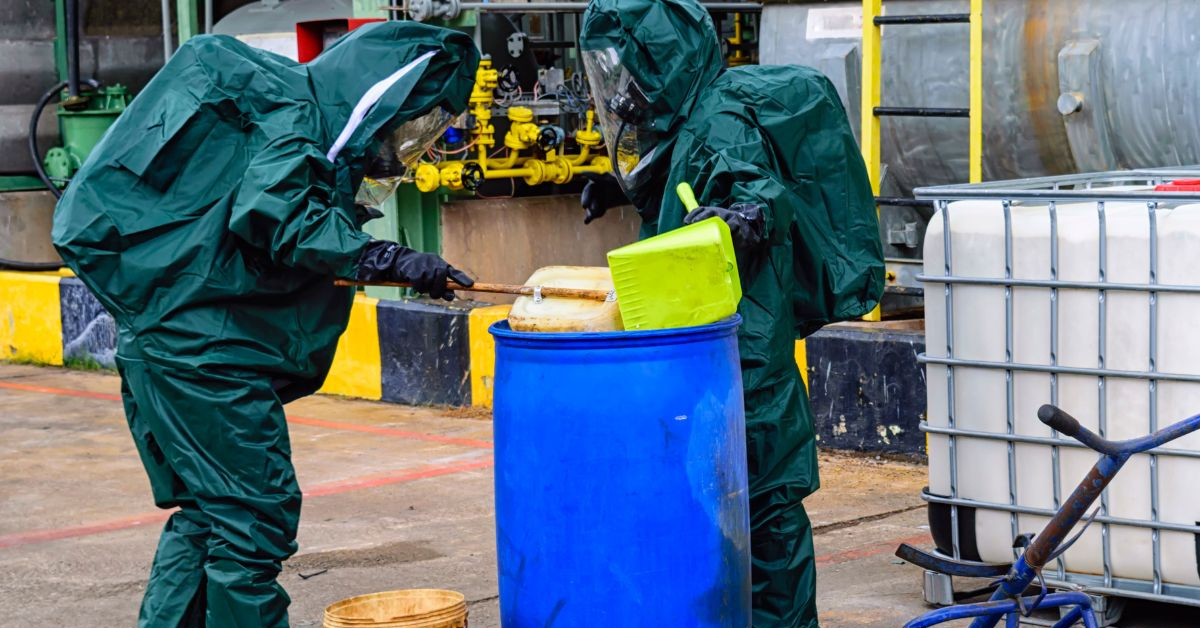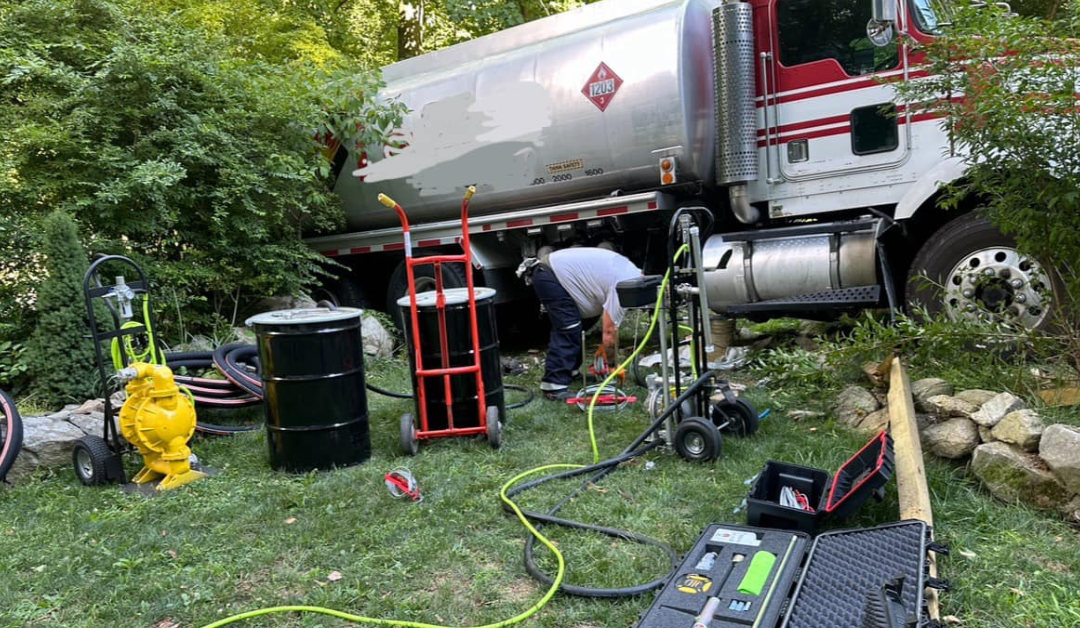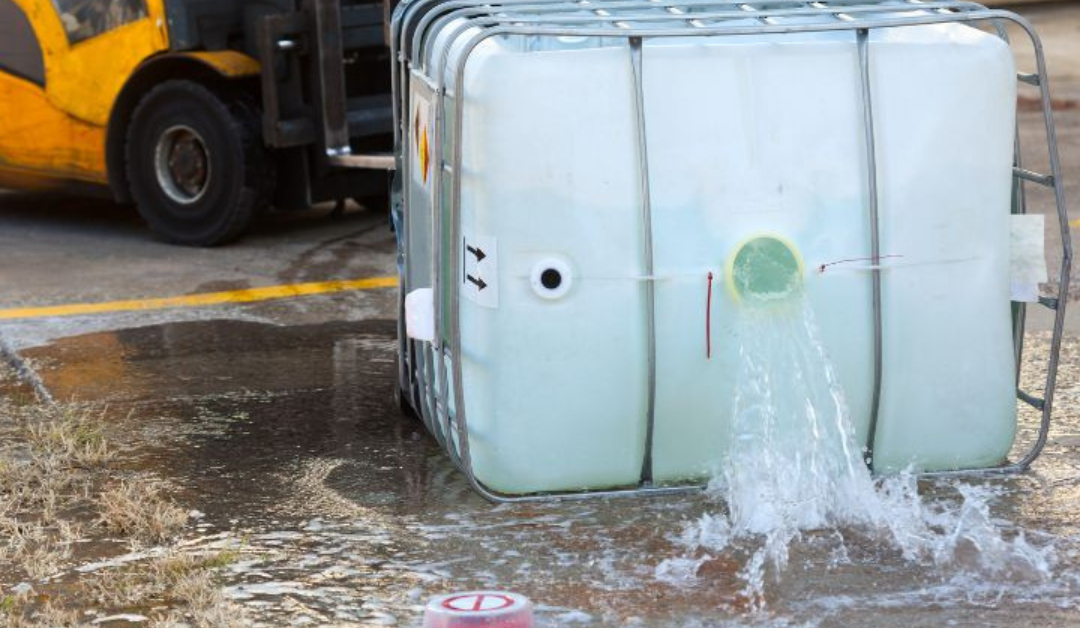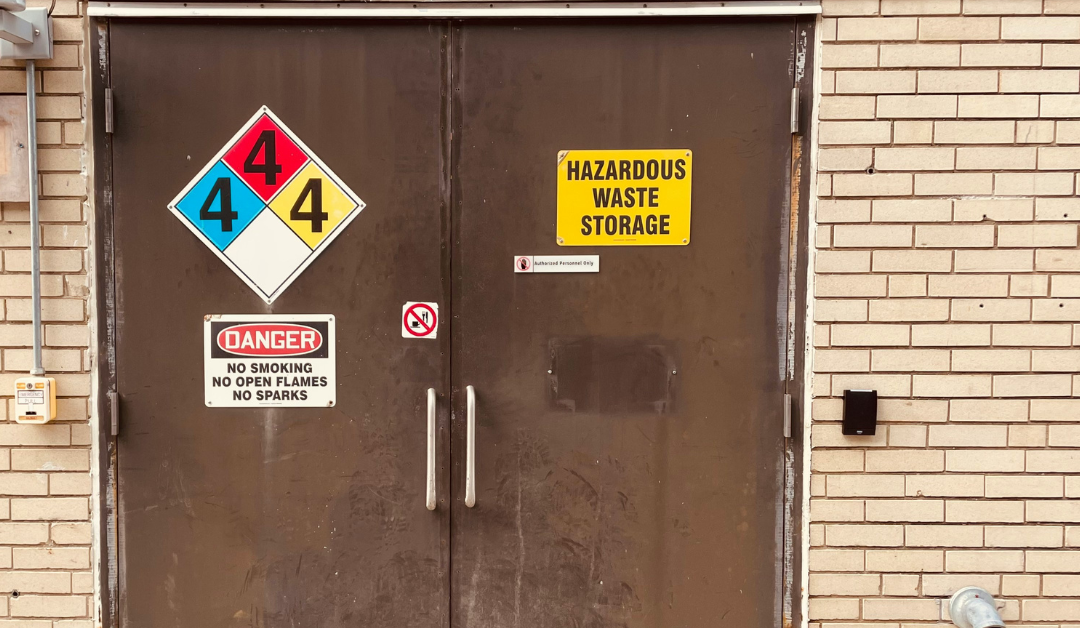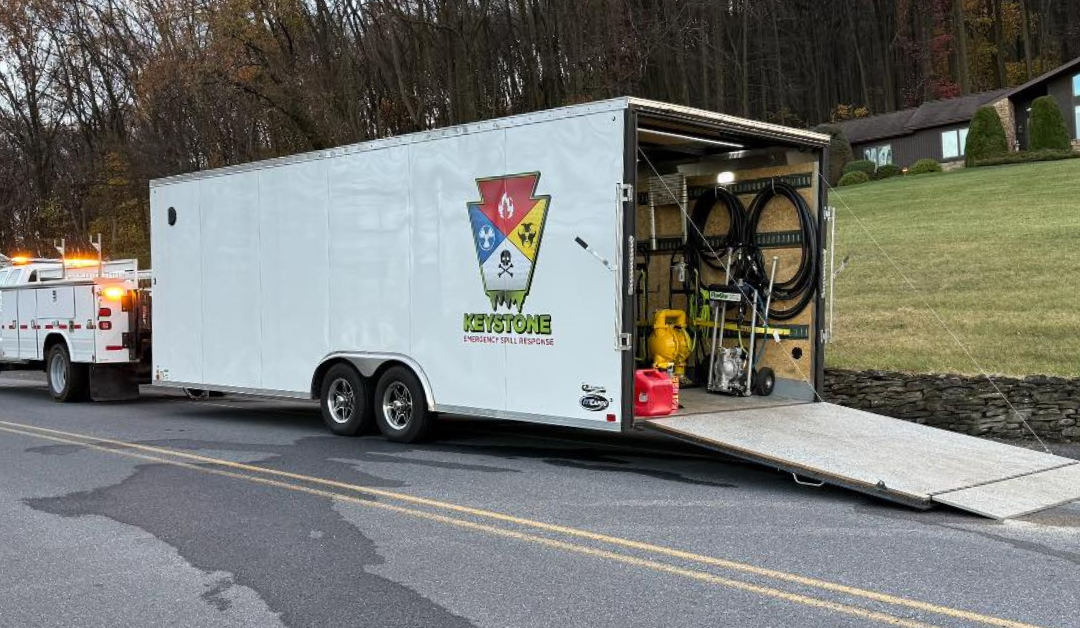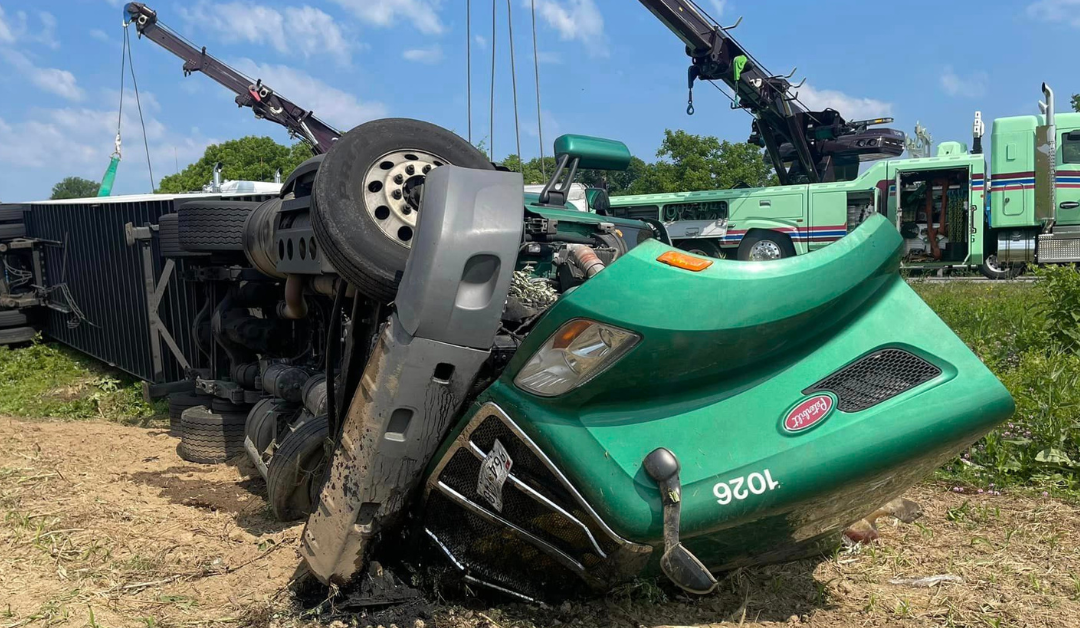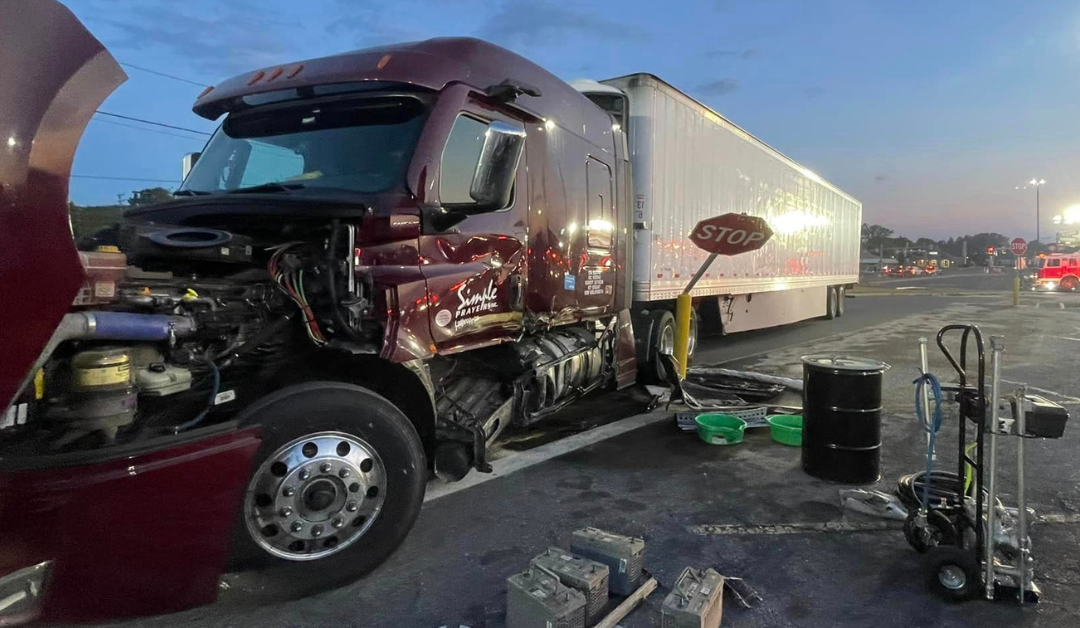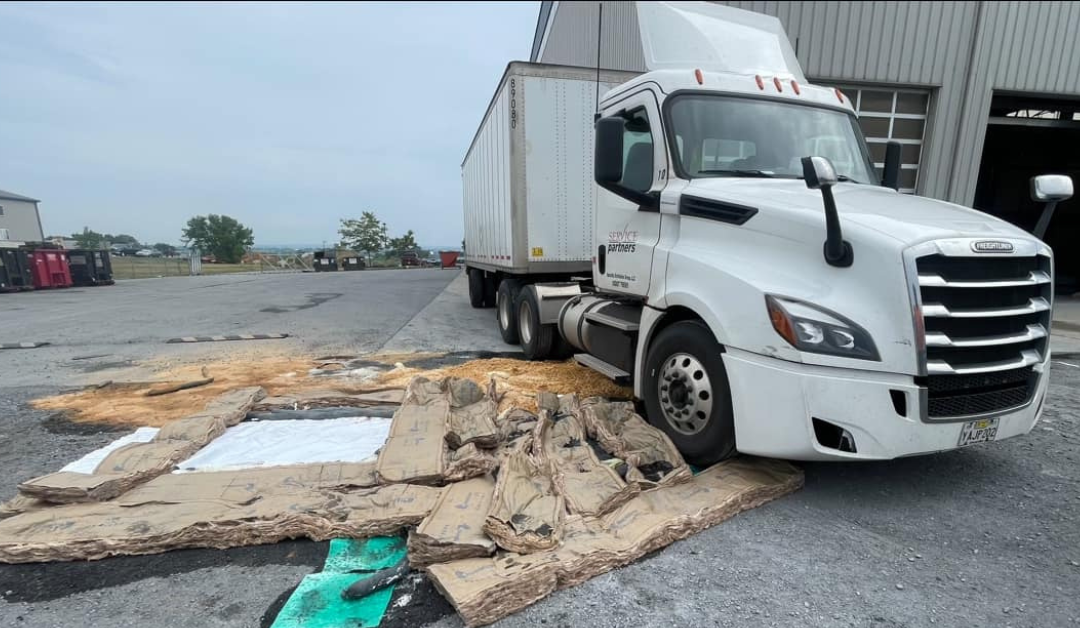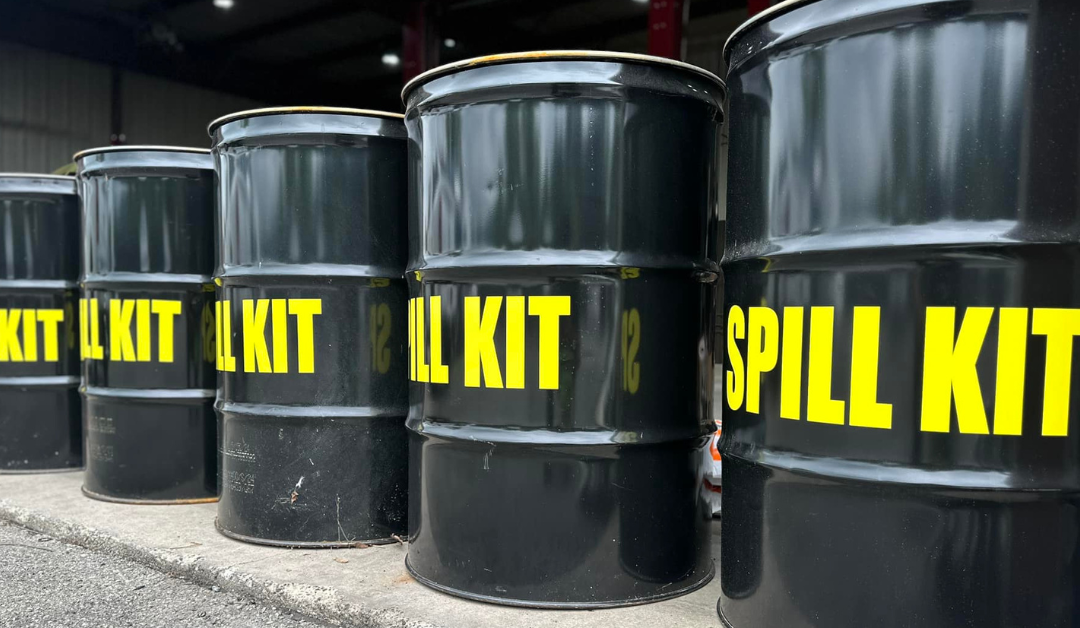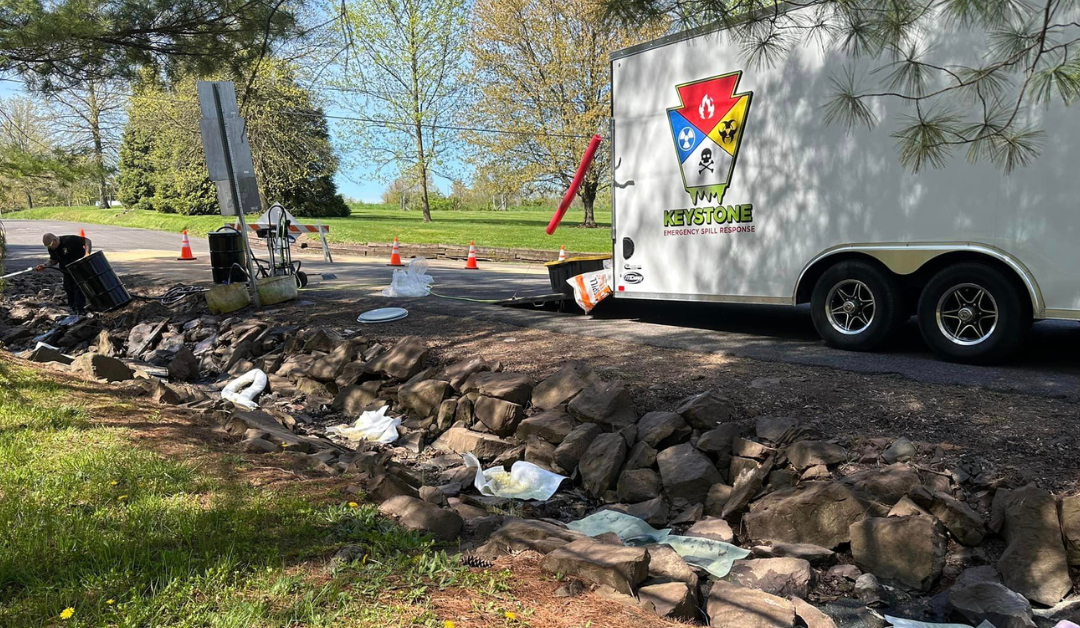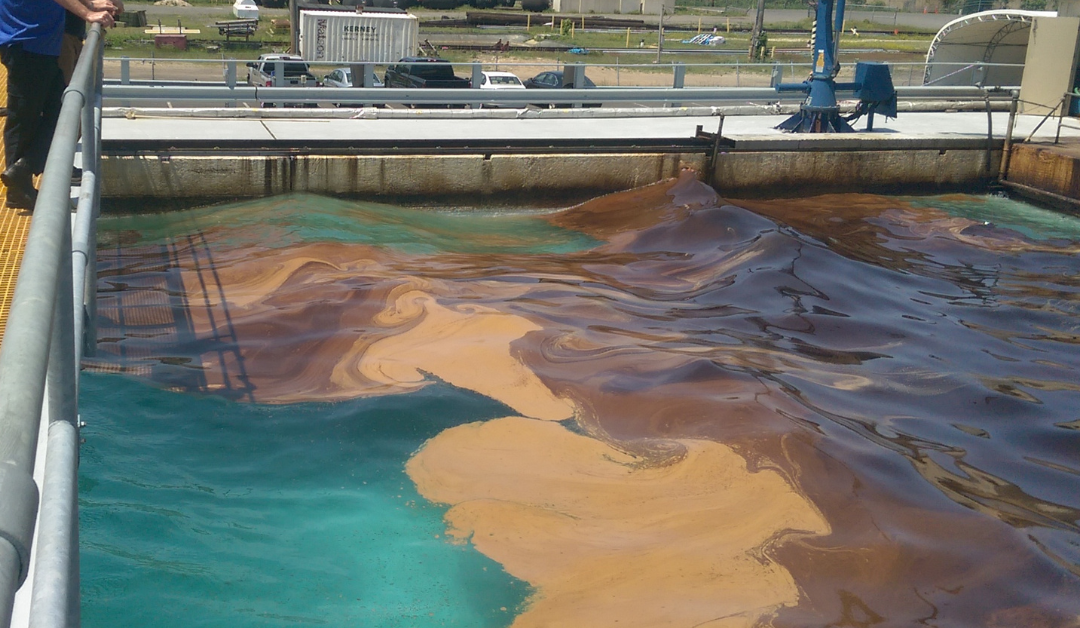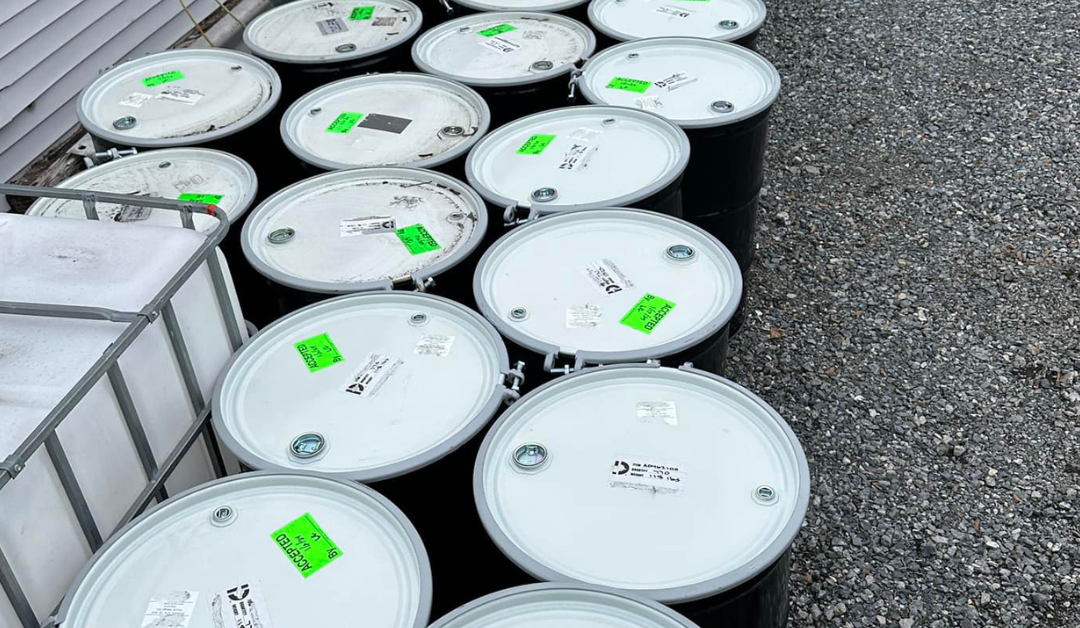The proper handling of waste protects our world for the sake of our environment and general safety. Most materials especially, hazardous materials are dangerous if handled inappropriately. This is why it’s important to understand waste handling, what it involves, and when it is required.
What is Waste Handling?
Waste handling refers to the process of collecting, treating, and disposing of waste materials safely. In the case of hazardous materials, the handling becomes all the more important because such substances can be injurious to humans or the environment if not handled properly.
Hazardous wastes come in many forms, including solids, liquids, sludges, and gases. Typically, they are generated from the following: chemical manufacturers, industries, and other manufacturers. Unless properly treated these materials can become very problematic during storage, transportation, treatment, and being disposed of.
When is it Required?
Waste handling is generally required in the course of various activities, particularly in situations dealing with hazardous materials. Some of these instances include:
- Industrial processes: Many factories generate hazardous waste as an outcome of their production.
- Chemical spills: Accidents involving chemicals require a proper and immediate handling of such wastes to protect human life and the environment.
- Medical facilities: Many hospitals and clinics have wastes that need proper handling to prevent the spread of infections.
- Construction and demolition: Many wastes from these activities could contain hazardous materials such as asbestos or lead paint.
- Laboratory work: Various chemicals used in research labs require special ways of disposal.
- Electronic waste disposal: Old computers and phones contain materials that can be harmful if not disposed of correctly.
Why is Proper Waste Handling Important?
Proper waste handling of hazardous materials is necessary for several reasons:
- Human Health Protection: Hazardous wastes are toxic, meaning they are poisonous even in small quantities. Some materials can be immediately dangerous; others may cause long-term health problems, such as cancer. Proper disposal will avoid exposure and thus protect human health.
- Environmental Protection: Bad waste handling causes our air, water, and land to be polluted. This is very dangerous to plants, animals, and whole ecosystems. Good waste handling prevents this damage from occurring.
- Prevention of Accidents: Some hazardous wastes are reactive or ignitable. This means they have the ability to either explode or catch fire if not handled correctly. Proper waste-handling techniques prevent these situations from occurring.
- Compliance: Hundreds of rules and regulations pertain to the handling of hazardous waste. Compliance is important from the view of safety, but it helps in avoiding fines and legal difficulties also.
- Cost Savings: Proper handling of wastes may seem to be costly, but sometimes proper waste handling saves money. It prevents costly cleanups, fines, and possible lawsuits resulting from poor handling.
9 Keys to Handling Waste Correctly
For handling hazardous materials, several other very important steps need to be followed to ensure safe waste handling. These are:
- Identification and Classification: This is the first step in proper waste handling—the correct identification and classification of hazardous waste. It dictates how it will be handled, stored, or disposed of.
- Proper Storage: Hazardous waste should be stored in containers that will not leak or react with the hazardous waste therein. Such containers shall be well-labeled and stored in secure areas.
- Segregation: Many types of hazardous waste cannot be mixed together. They have to be separated so dangerous reactions are avoided.
- Training: Anyone who handles hazardous waste must be trained properly. It includes safety processes, procedures for emergencies, and regulations.
- Transportation: Hazardous waste transport should be done according to very strict rules to ensure that it’s safe.
- Treatment and Disposal: Hazardous wastes usually require some pretreatment to decrease their harmfulness prior to final safe disposal.
- Record Keeping: Hazardous waste generation, storage, and disposal have to be documented properly, which is required under law but also very significant for proper management purposes.
- Emergency Preparedness: All facilities handling hazardous waste shall design plans for emergency response in case of fire or spill incidents.
Fostering Better Ways of Handling Waste
Whether it involves being a business person or an individual sensitive to their environment, there are several ways through which one can enhance waste handling. They include the following:
- Raising awareness about appropriate waste sorting and disposal techniques to oneself and others.
- Using appropriate containers for placing various forms of waste
- Keeping hazardous materials away from regular trash
- Following all safety measures for handling hazardous materials
- Collaborating with professional hazardous waste handling services
It is very important for health protection and the environment that hazardous wastes are handled properly. Identification, storage, treatment, and disposal of risky substances are done with utmost care. Proper waste handling supports a risk-free and healthy life, and cleanliness of the environment, wherein each person shall participate actively in ensuring safe and clean surroundings through awareness of the essence of handling waste using principles of best practices.
Remember that when dealing with hazardous waste, it is always better to err on the side of caution. Don’t take any chances if you are not sure how to treat a particular type of waste; look for expert advice. They are at liberty to guide you through the whole process of handling the waste in the safest and most efficient way possible.
Proper waste handling in our homes, businesses, and communities is one sure step toward a better level of protection for ourselves, our neighbors, and the planet from hazardous materials. An important shared responsibility that we bear is to see to it that all of us create a better future with reduced dangers.
Follow us on Facebook to stay up to date with the latest at Keystone Emergency Spill Response.

